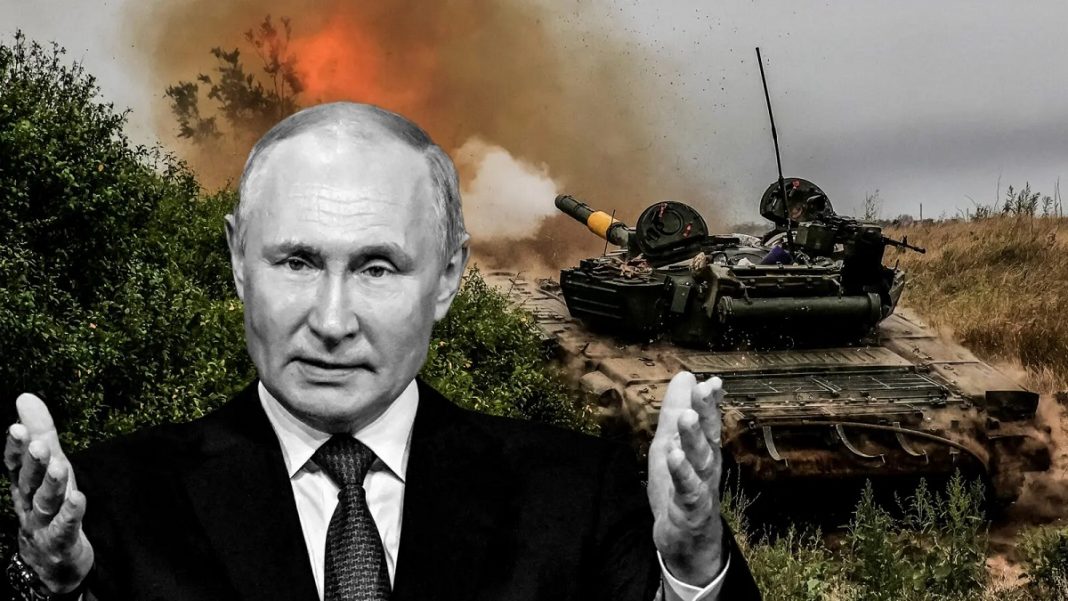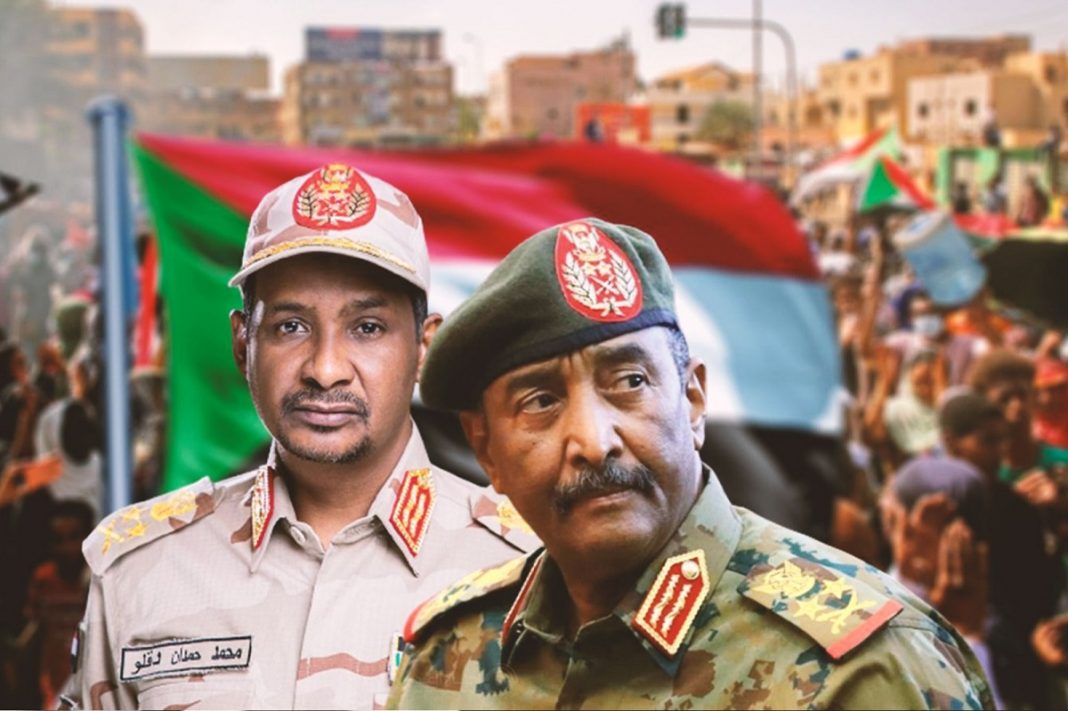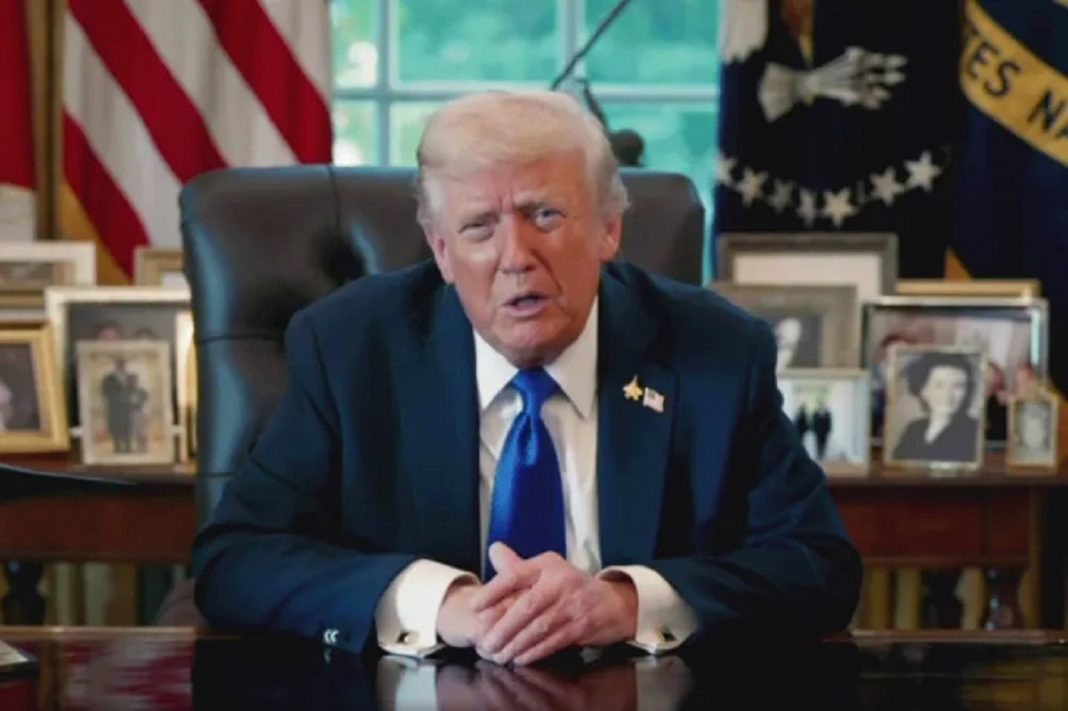Gabriel G. Tabarani
Vladimir Putin’s invasion of Ukraine is often interpreted as the act of a man unhinged — a ruler driven by paranoia, megalomania, or wounded pride. But that interpretation, while comforting in its simplicity, misses the deeper truth. Putin’s war is not simply a geopolitical blunder or a moral crime. It is, above all, an intellectual failure — a collapse of thought, imagination, and language so profound that it has dragged an entire nation into catastrophe.
Russia’s aggression did not begin in 2022, or even in 2014. It began centuries ago, as a habit of mind. To invade one’s neighbors is, for Russian autocrats, a tradition — not merely political but philosophical. From the tsars to the commissars, Russia’s rulers have responded to their country’s most persistent weakness — the inability to build a stable, self-sustaining state — by compensating with brutality and expansion. When Russia falters within, it lashes out without. This has been the pattern from Nicholas I’s invasions of Poland and Hungary in the mid-19th century to Khrushchev’s tanks in Budapest in 1956, Brezhnev’s in Prague in 1968, and Putin’s in Ukraine today.
Each of those invasions sought to suppress the same perceived danger: the spread of liberal, democratic, and rational ideas from the West. Russian leaders have long believed that such “warm” Western currents threaten to melt the frozen structure of Russian autocracy — that if liberalism drifts eastward, it will destabilize the state. This peculiar blend of fear and pride — that Russia’s greatness must be preserved by sealing it off from the ideas of freedom — has shaped the country’s political imagination for two hundred years.
But what distinguishes Putin from his predecessors is not the pattern of behavior; it is his lack of a coherent idea to justify it. Nicholas I had mystical Orthodoxy and royalism. Stalin, Khrushchev, and Brezhnev had Marxism-Leninism — a universal, if delusional, philosophy of progress. These ideologies, however warped, gave their adherents a sense of mission, even grandeur. They provided a language of justification — and with it, a measure of lucidity and strategic purpose.
Putin has no such framework. His rhetoric is a tangle of scraps — imperial nostalgia, Orthodox mysticism, Cold War resentment, and nationalist myth. He speaks of “Russophobia” and “Nazis in Kyiv,” of defending Russian civilization from Western decadence. But these phrases are not ideas; they are reflexes. They explain nothing and convince no one who does not already believe. The result is a worldview that is both hysterical and hollow — a nationalism too small for a nation as large as Russia, and too backward-looking to offer any vision of the future.
Where Nicholas I saw himself as the “gendarme of Europe,” defending divine order against revolutionary chaos, Putin sees himself as the victim of irrational hatred. Where the Soviet leaders proclaimed the advance of world socialism, Putin proclaims only his own grievance. His nationalism is not grand but petty, not universal but tribal. It is, as the historian Stephen Kotkin has observed, “resentment masquerading as philosophy.”
This intellectual poverty has real consequences. Lacking any coherent doctrine, Putin cannot see clearly what he is doing or why. His invasion of Ukraine was not born of strategic necessity or realistic calculation; it was an attempt to reenact old myths — to replay the 19th-century drama of Russian reaction against European revolution. The Maidan Revolution of 2014 terrified him precisely because it was everything he feared: a successful, moderate, democratic uprising in the European mold. It was 1848 reborn — the dream of liberal self-government that Nicholas I crushed in Hungary and Poland, and that Stalin crushed in Budapest and Prague. The difference, this time, was that the revolution succeeded.
For Putin, the existence of a free, reforming Ukraine was intolerable. Not because it threatened Russian borders, but because it threatened Russian ideas — or rather, the void where ideas ought to be. Ukraine demonstrated that a people with shared history, language, and faith could choose democracy over despotism, law over force, and Europe over empire. That example was contagious. Putin could not allow it to stand, any more than Nicholas I could tolerate liberal ferment in neighboring lands. And so, as his imperial predecessors had done, he launched a “defensive” war of aggression — to prevent a philosophical contagion by crushing a living society.
But unlike Nicholas I or Stalin, Putin cannot even articulate his counterrevolution in noble or universal terms. His language is the language of conspiracy and victimhood. His “Russophobia” is not a principle but a pathology. He cannot persuade the world because he cannot persuade himself. His words crumble in his mouth. When he speaks of “de-Nazification,” he invokes a ghost of Soviet glory but drains it of meaning. When he invokes Orthodoxy, he borrows its imagery without understanding its spirit. His rhetoric is a mausoleum of dead ideas.
This is what makes his rule uniquely dangerous. Putin’s war is not animated by faith in a future — whether tsarist, communist, or otherwise. It is driven by fear of the present and nostalgia for the past. He imagines that by resurrecting the empire, he can ward off decline. Instead, he has accelerated it. The Russia he claims to defend — proud, strong, eternal — is precisely what his own war is destroying. He has made Russia weaker, poorer, more isolated, and more dependent on brute force than at any time since the 1990s. The intellectual failure at the heart of his regime has become a geopolitical failure for the nation itself.
For centuries, Russia’s rulers have feared that the winds of liberalism would bring collapse. And indeed, twice in the 20th century, the Russian state did collapse — first into Bolshevism, then into chaos. But each time, the lesson drawn was not that Russia needed reform, but that it needed repression. Putin inherited that lesson and carried it to its absurd conclusion. By seeking to crush freedom beyond Russia’s borders, he has guaranteed its disappearance within. And by confusing brutality with stability, he has brought the state once again to the edge of ruin.
It is tempting to view Putin through the lens of “realism,” as if this war were merely a response to NATO or Western encroachment. But that is a delusion — the kind of delusion that realism, with its contempt for ideas, always invites. NATO is not Napoleon’s army. It is the armed expression of the liberal revolution that Nicholas I sought to prevent — a coalition of republics defending the civilization he despised. What Putin fears is not invasion, but contagion: the spread of democratic normalcy into the Russian mind.
That is why the tragedy of Russia today is not only moral or political but intellectual. A great civilization has been hijacked by a man incapable of thought — a man who mistakes resentment for philosophy, myth for strategy, and violence for vision. In his war against ideas, Putin has proven not the strength of the Russian state but its perennial weakness. The disaster unfolding in Ukraine is, at bottom, a disaster of the Russian imagination.
This article was originally published in Arabic on the Asswak Al-Arab website


